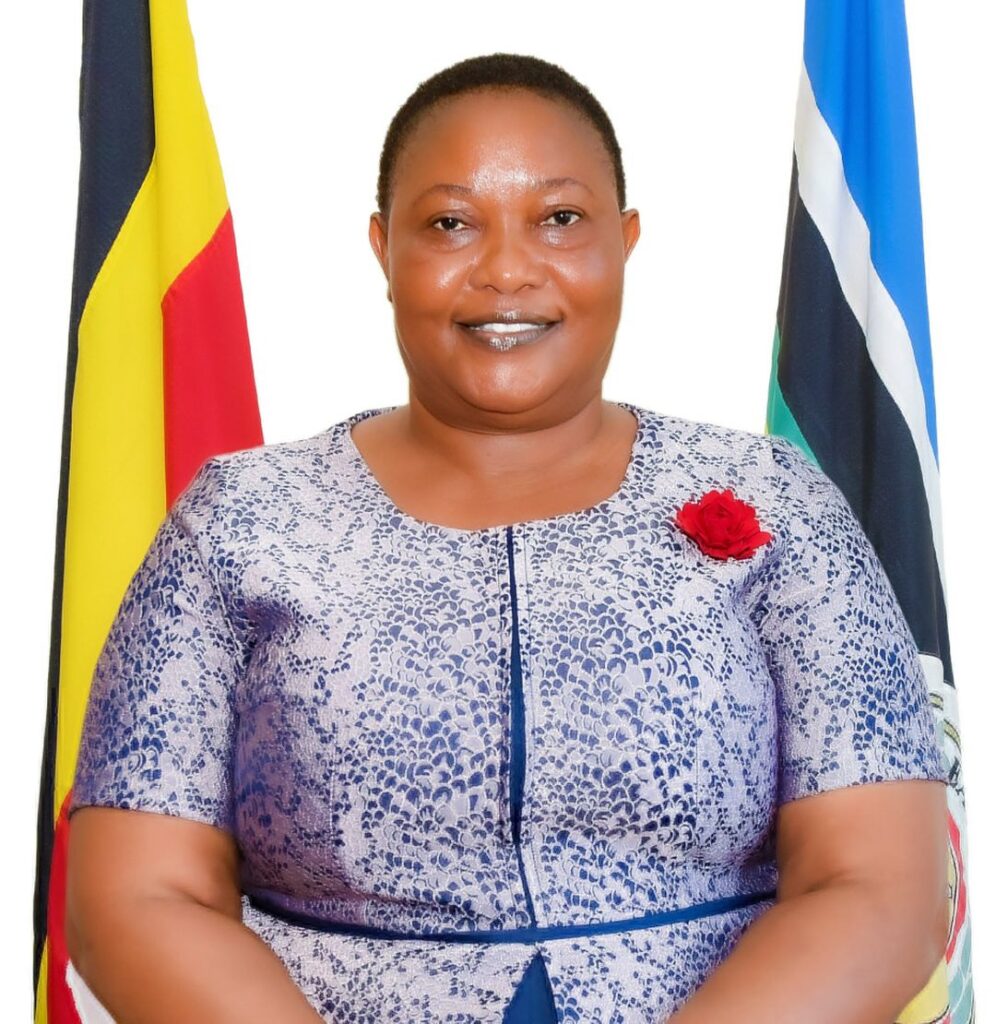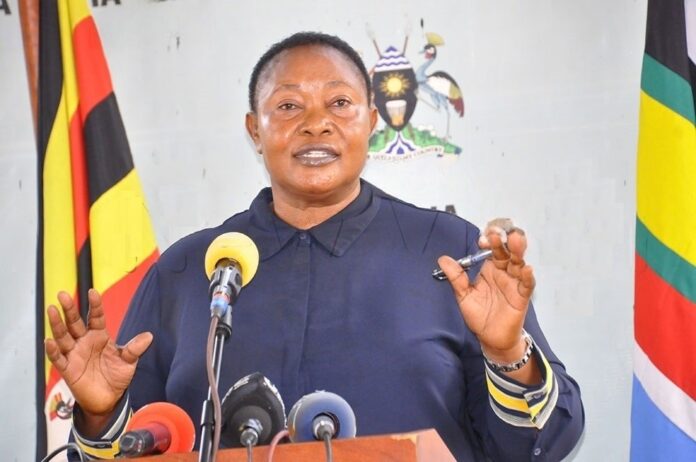Highlighting the importance of involving men in HIV prevention efforts, Babalanda noted that they are often significant contributors to the transmission of the virus. “Engaging men can help reduce new infections,” she emphasized, pointing out that many men hold influential roles within their families and communities that can be leveraged for positive change.

The minister acknowledged that traditional gender norms often hinder men’s access to health services but stressed that engaging them could lead to improved health outcomes. Furthermore, experts agree that male involvement can also play a crucial role in addressing gender-based violence—an issue closely linked to increased rates of HIV transmission among women and girls.
In conjunction with World AIDS Day activities from November 25-30, various health services will be offered across Buyende district. These include screenings for HIV, cancer, syphilis, hepatitis B, malaria, sickle cell disease, and non-communicable diseases. Babalanda’s focus on male engagement is part of a broader strategy aimed at achieving Uganda’s goal of ending AIDS as a public health threat by 2030.



























